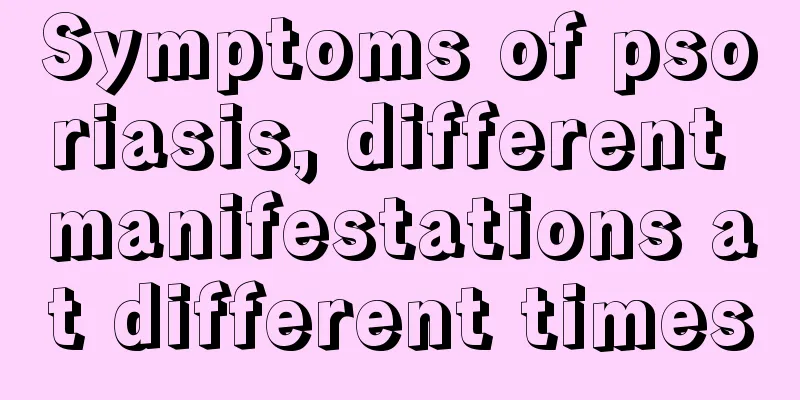Can prostate cysts be cancer?

|
Prostate cysts generally do not directly turn into cancer, but regular examinations are needed to rule out the possibility of malignancy. Cysts are usually caused by glandular blockage, inflammation or other benign causes. Treatment measures include observation, drug therapy and surgical intervention. 1). Genetic factors. The occurrence of prostate cysts is not directly related to genetic factors, but a history of prostate disease in an individual's family may increase the risk. People with a family history should have regular physical examinations to detect and manage possible prostate problems early. 2). Environmental factors. The formation of prostate cysts may be related to lifestyle and eating habits. Smoking, drinking and unhealthy diet may increase the incidence of cysts. It is recommended to adopt a healthy lifestyle, such as a proper diet, regular exercise, and quitting smoking and limiting alcohol. 3) Physiological factors. Aging is a risk factor for prostate cysts, especially hypertrophy or the general aging process. With age, prostate tissue may grow to varying degrees and may lead to cyst formation. Regular prostate examinations are essential to detect abnormal growths. 4) Pathological factors. Prostate infection or inflammation may lead to the appearance of cysts. For example, chronic prostatitis may promote the formation of cysts. Drug treatment such as antibiotics may be used to relieve infection, combined with appropriate lifestyle measures to improve symptoms. 5) Treatment methods. Depending on the size and symptoms of the cyst, observation is the common treatment method. Drug treatment can control the growth of the cyst through diuretics or androgen inhibitors, and surgery such as transurethral minimally invasive surgery is suitable for larger cysts or cysts with obvious symptoms. Prostate cysts are usually benign and will not directly lead to cancer, but regular examinations are required to rule out the possibility of cancer. Good living habits and regular examinations are the most effective preventive measures. If you have any discomfort, please see a doctor as soon as possible to get professional diagnosis and treatment advice. |
<<: How to treat malignant nasopharyngeal carcinoma
>>: What are the early symptoms of colorectal cancer? Three common symptoms
Recommend
Treatment of multiple invasive bladder cancer
Invasive bladder cancer refers to bladder cancer ...
Will my calves get thicker if I stand for a long time?
Long-term standing jobs generally require a certa...
How can I get my boyfriend back
In a romantic relationship, it is common for coup...
What part of the body does acne on the face represent?
Traditional Chinese medicine believes that diseas...
What is the chemotherapy method for nasopharyngeal carcinoma
With the progress of the times, people's livi...
How to quit smoking without pain
We all know that smoking not only harms our own b...
What's the matter with dry cough and vomiting
Many people suffer from diseases due to many fact...
How to repair a broken marriage_How to restore a broken relationship between husband and wife
Marriage in modern times can be said to be a hot ...
How to treat spinal disease?
Spinal diseases can have a great impact on our li...
What are the early symptoms of prostate cancer?
The incidence of prostate cancer is extremely hig...
Can you die if you take too much motion sickness medicine?
Many people usually experience motion sickness wh...
Can contact lenses be soaked in clean water?
In order to look more beautiful and to make weari...
Why do I gain weight after quitting smoking
In today's society, tobacco and alcohol are t...
Pimples inside the nostrils
Nose problems are very common and difficult to tr...
The best way to treat corns on feet
Most people are familiar with the disease of corn...









